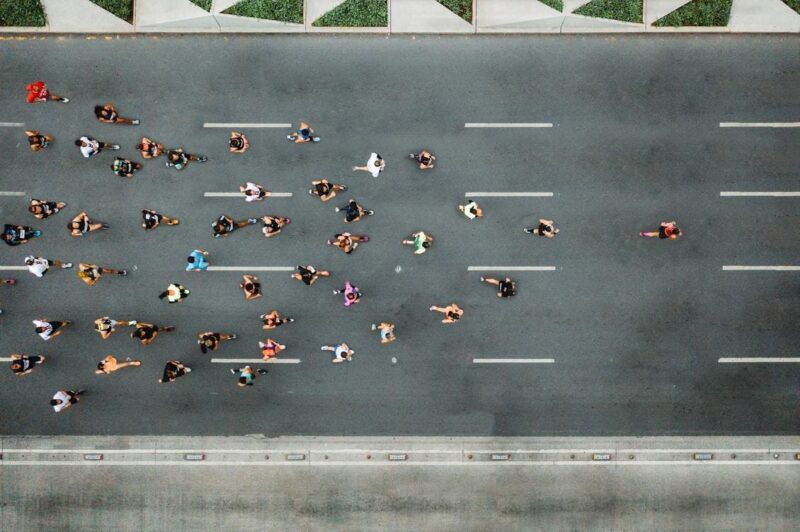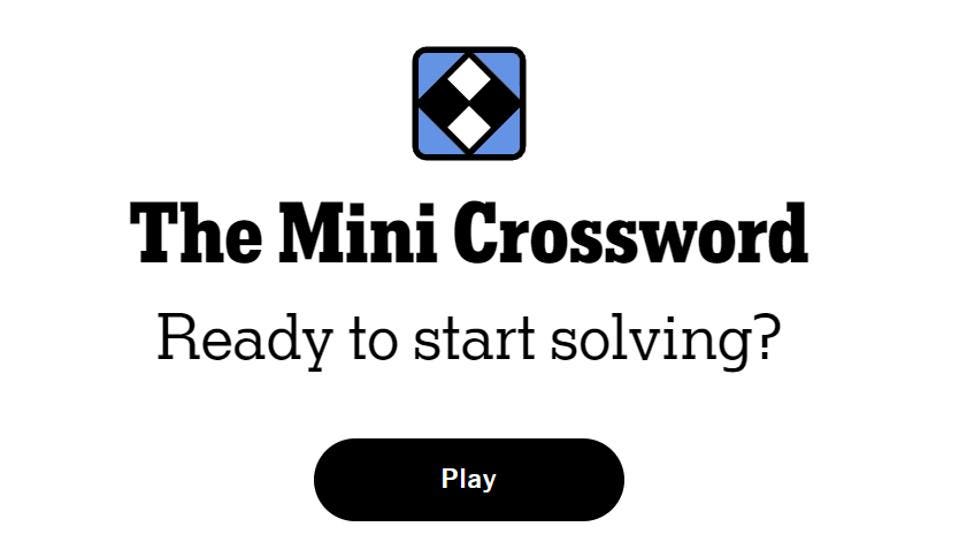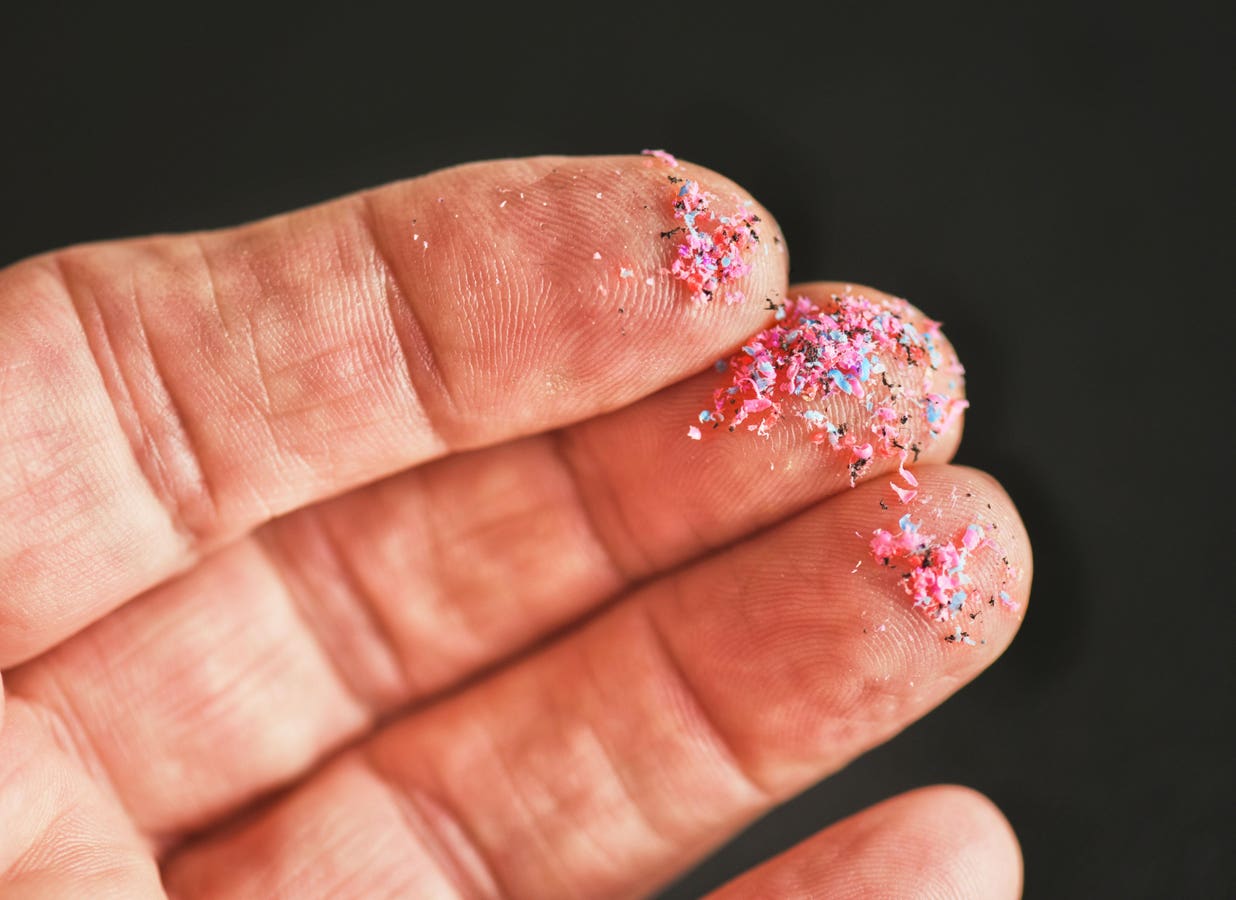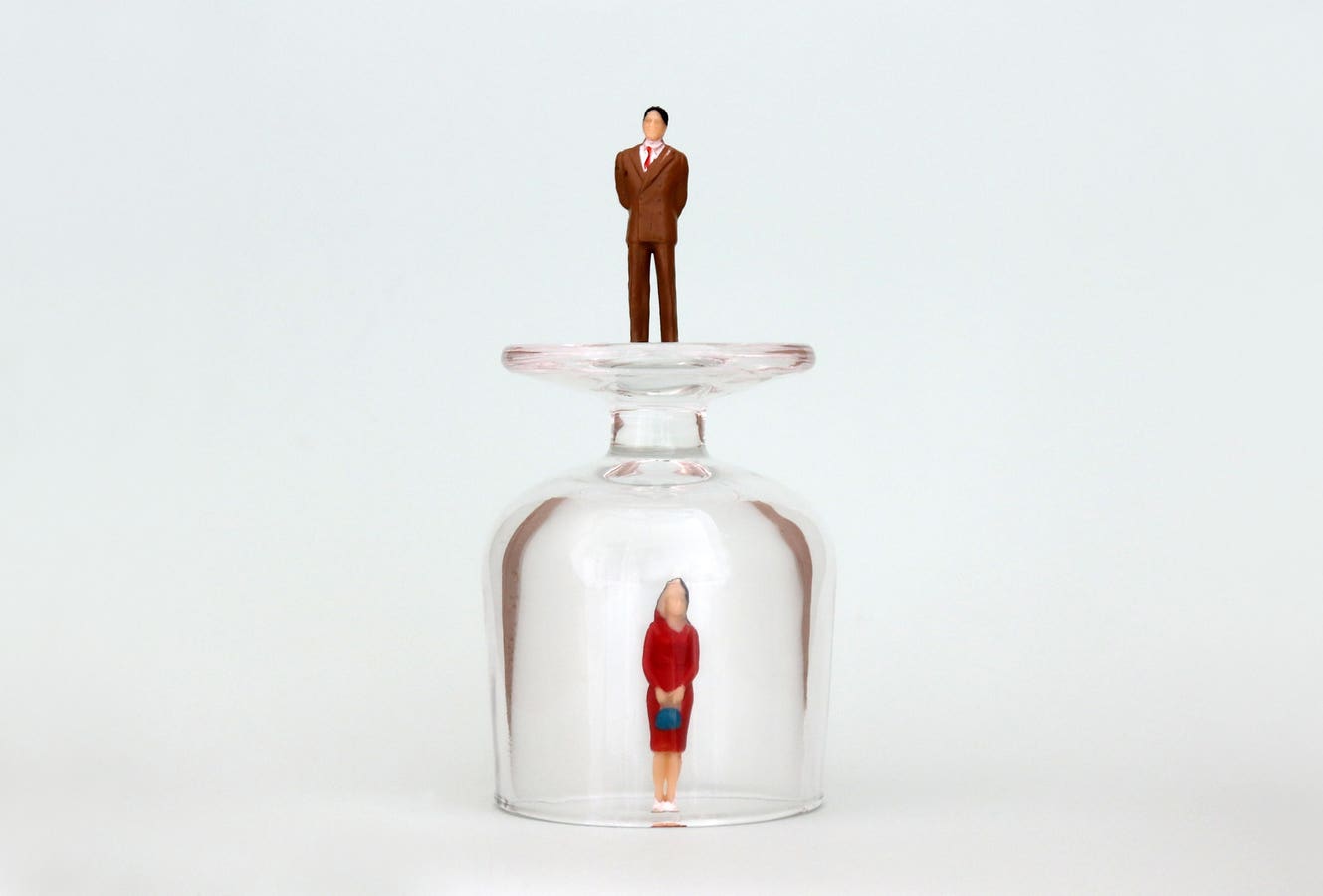Aerial view of marathon city runners. One person leading marathon.
getty
To so many people, hearing someone say “exercise is good for longevity” just seems like a “duh” moment. We know this. But the ways that experts are now analyzing fitness and mortality are much more in depth, even though, to a great extent, they rest on this central principle.
Studies like this one from the AMA make the most of the abilities of the big data era – where we can aggregate information about people, and find out, not just that exercise is good, but exactly how much exercise is needed to achieve outcomes. A quick read of the above article will give you a good picture of how this research works.
Adding AI
So what can AI do to boost these kinds of results?
When it can “see” what you see, take in your core data, and make insights, AI can essentially track you and see if you’re meeting those expectations for health. That’s what’s behind the raft of fitness wearables tied to LLMs that will scrutinize your daily activity, to see if you’re getting your optimal amount of exercise. The same can apply to so many other aspects of lifestyle: sleep, diet… the list goes on.
“Health tech is no longer about reactive care—it’s now about proactive wellness,” writes Dave Wigstone in a blog post on the subject. “In 2025, wearables and AI-powered platforms are enabling personalized health monitoring, digital therapies, and longevity-focused lifestyle coaching for consumers, especially among Gen Z and millennial demographics, who are leading the demand for preventive health technologies.”
A Doctor’s Testimony
Jordan Metzl treats patients all day, but on the weekends, he runs classes promoting activity and exercise.
“We’ve heard a lot of different things about getting people to reverse aging and live longer,” the New York City doctor said on stage at a recent Ted talk on longevity and modern research. “But the truth of the matter is the best drug we have, which works for every single person around the world, rich or poor, young or old, 100% efficacy, with zero side effects, except it improves your health, is movement, and when we talk about healthy longevity, we need to start thinking about getting people out and getting people moving every single day.”
He returned to that theme, “healthy longevity,” several times during the course of his presentation, suggesting that, too often, we’re “overselling” longevity science, focusing on things like peptides, or red light therapy, instead of the basics, like exercise, similar to a biker choosing to focus on buying a better bike instead of training.
“Bryan Johnson kind of really highlights the idea that if you do these certain things, and you drop your body fat, and you sleep 14 hours a day in a dark cave … and you do erectile monitoring of your penile function during the middle of the night, that you, in fact, will live longer,” he said, throwing some shade at the billionaire’s longevity regimen and contrasting it to the early excursions of Ponce de Leon. “But the truth is, we’re all going to die, and so is he. … the idea that we’re going to dramatically extend life expectancy: probably not true.”
Motivation to Move
Throughout, Metzl peppered in anecdotes of his clinical experience.
“I saw a guy just the other day, 92 years old,” he explained. “He comes to see me for injections in his knees, and he does great. He walks in Central Park almost every single day with his friends, and this guy is out really trying to narrow his lifespan, health scan, health span gap. He’s going to live as long as he’s going to live, but he’s going to do that as healthily as possible.”
He also went over his reasons for starting the side hustle in running classes.
“About 14, 15 years ago, I had the idea that I wanted to start an exercise community, because I knew exercise was good for myself and my patients, but I wanted to get a way to prescribe that to them in a bigger way,” he said. “Over time, I started to realize that I wanted my patients to be healthy like I was, out moving around, and I could start different communities to get people out moving around.”
He further explained the correlation with exercise and health this way:
“In my office, it’s very much interrelated, meaning, if you come to see me for a medical problem, if your knees are arthritic and they hurt, once your knees are feeling better, we’re going to talk a lot about how we get you out and moving, and build your strength and reduce your symptoms,” he said. “What kind of exercise you will do is, basically, what we’re thinking about. So to me, I don’t love the term ‘longevity.’ I love the term ‘healthy longevity.’ That’s what we’re after. We’re after making you maximize your health across your lifespan.”
For ballast, Metzl cited the renowned British train conductor study, which found that people with less sedentary jobs tend to live longer overall.
Mythology and Might
Later in the talk, Metzl mixed Arthurian legend with Greek fatalism.
“We recognize the cellular basis of what exercise can do,” he said. “The problem is, we know it’s great for you, the Holy Grail is getting people to do it right. Because I’m guessing everybody in this room, you’re a self-selected group, and you’re here because you already think about these things. But in fact, most of the country does not.”
As for the Greek tragedy…
“Much like Sisyphus rolling the ball up the hill, the rock up the hill, only to have it come back down, trying to get people to change their behavior is a very difficult thing to do,” he added. “No matter who they are, and what their behavior is, getting behavior change … is very hard.”
The Muscles and Bones
“This whole discussion of quote, unquote: “longevity” and healthy longevity is predicated upon movement and muscle,” he told the audience. “Unfortunately, the slope here is downward for all of us, right, but if you commit to muscle building three times a week across your lifespan, you can maintain your functional muscle mass well into your adult and older adult life.”
Part of the reason has to do with properties that Metzl enumerated.
“Muscle is an anti-inflammatory,” he said. “Keeping your skeletal muscle, in addition helping you store glucose in the form of glycogen, is anti-inflammatory. So thinking about building and maintaining and storing your muscle across multiple systems of the body is important.”
Pondering all of the body’s systems, Metzl kept tying together the building blocks of a longer, healthier life.
Intensity makes a difference,” he said. “What I’ve learned from this whole process is that I think our effective longevity is probably just marginal, but I think our effect on healthy longevity is quite profound. The medicine on movement is incredibly powerful. And I think the integration of health and technology and fitness is very bright.”
Think about this good advice as you build your daily routine. Longevity, in the end, might be simpler than a lot of us think. And AI, as an analytical tool, can help us to get there.









